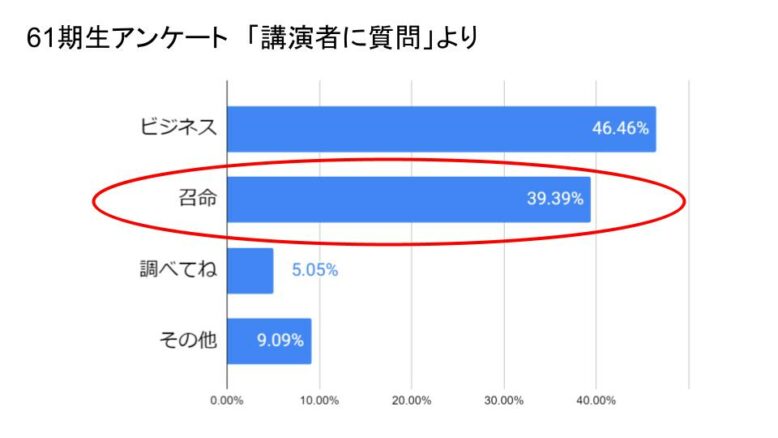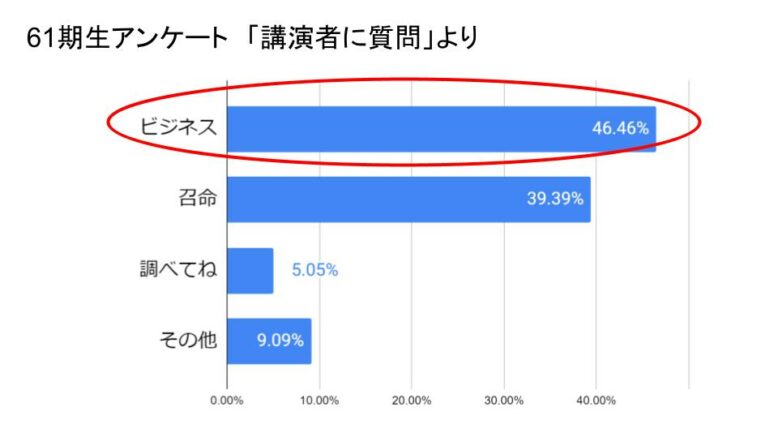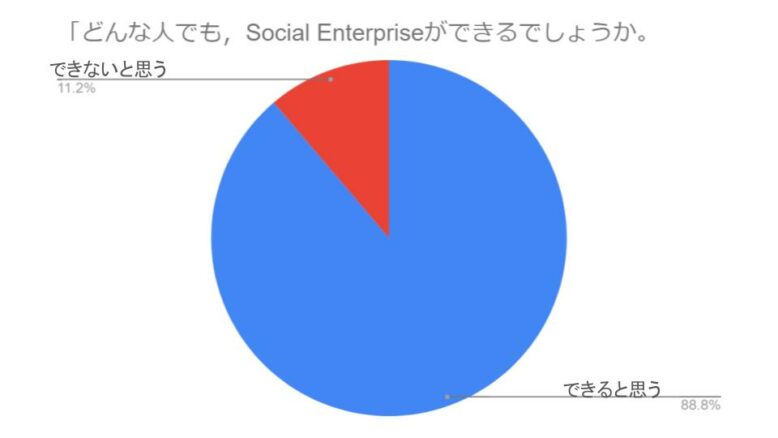
On March 13th, as part of the Integrated Inquiry-Based Learning “International” (③) course, a session focusing on social entrepreneurship was held at Salesio Gakuin High School.
Seibo’s representative, Mr. Yamada, along with two student staff members, participated in the session. By incorporating perspectives from both students and an NPO leader, the session provided a practical learning experience within the inquiry-based curriculum. It also explored immediate ways for students to engage in meaningful activities.
Key Discussion Topics
The one-hour session took the form of an interactive dialogue between Seibo staff and a select group of students, covering two main themes:
Theme 1: Social Entrepreneurship Activities
Students explored the concept of social entrepreneurship through discussion and analysis. This segment provided a foundation for understanding the core principles and practices that drive organizations like Seibo.
Theme 2: The Concept of “Calling”
A significant portion of the session focused on the concept of “calling”—a fundamental philosophical principle behind Seibo’s mission. This discussion encouraged students to reflect on why organizations are established and what motivates individuals working within them.
For students, this was an opportunity to consider their own purpose in entrepreneurship and social contribution, highlighting the importance of having a clear sense of mission when taking action.
Student Engagement and Perspectives

Prior to the session, students completed a survey to share their areas of interest regarding Seibo. The results revealed that the business model of Seibo (46.46%) was the most popular topic, followed by “calling” (39.39%). These insights shaped the focus of the discussion.

Students’ questions demonstrated deep engagement with these themes. Key areas of inquiry included:
Seibo’s activities: Students showed strong interest in Seibo’s operations, particularly its work in Malawi and fair trade initiatives related to coffee bean production.
The concept of “calling”: Many sought clarification on Mr. Yamada’s personal experiences and motivations, exploring how the idea of “calling” applies to career choices and social contribution.
Financial sustainability: There was a keen awareness of the financial sustainability of Seibo’s model, reflecting students’ interest in the challenges of running a social enterprise.
Reflections and Key Takeaways
The session concluded with a summary emphasizing the importance of social entrepreneurship and the concept of “calling.” Students recorded their reflections and key learnings in their notebooks.
In a follow-up survey, 88.8% of students expressed the belief that anyone can participate in social entrepreneurship, demonstrating a positive attitude toward social contribution.

Overall
This session provided a valuable opportunity for students to deepen their understanding of social entrepreneurship, develop critical thinking skills, and inspire further exploration. The interactive format and incorporation of student feedback contributed to an engaging and insightful experience.


